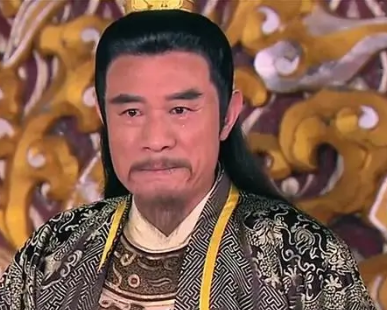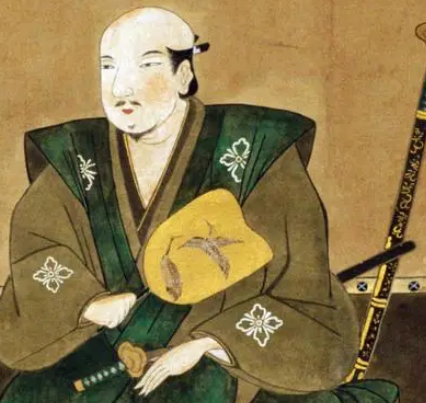In the glorious history of the Qing Dynasty, there is a remarkable tradition that every emperor holds a personal cultivation ceremony, known as the "Ji Tian Ceremony", every spring. This ceremony originated from ancient Chinese agricultural culture and aims to demonstrate the emperor's emphasis on agricultural production and his governance philosophy. However, what are the reasons and actual circumstances behind it? Let's explore it together.

I. Origin and Tradition of the Ji Tian Ceremony
The Ji Tian Ceremony is deeply rooted in China's long-standing agricultural tradition. Since ancient times, agriculture has been regarded as the foundation of the country, and the emperor, as the supreme leader of the country, personally participating in agricultural activities symbolizes his emphasis on agriculture and care for the people. This custom can be traced back to the Zhou Dynasty, and by the Qing Dynasty, it had become a solemn national ceremony.
II. Symbolic Meaning of the Ji Tian Ceremony
The Ji Tian Ceremony is not simply a display of labor, but is filled with profound symbolic meanings. Through this ceremony, the emperor shows the world his support and respect for agriculture, while also communicating his governance philosophy of diligent governance and love for the people. In addition, the Ji Tian Ceremony also symbolizes the prosperity of the country, implying abundant crops and peace and prosperity for the country and its people.
III. Did the Emperor Really Work in the Fields?
Although it is called "personal cultivation," in reality, the emperor did not actually labor in the fields like a farmer. The Ji Tian Ceremony was more of a formal demonstration and symbolic act. During the ceremony, the emperor would wear agricultural clothing, hold a plow, and perform a few simulated farming actions, which would then be completed by accompanying ministers or specially designated officials. The entire process was more of a symbolic display than actual agricultural labor.
IV. Political Role of the Ji Tian Ceremony
The Ji Tian Ceremony is not only an agricultural ceremony, but also carries important political significance. By participating personally, the emperor demonstrates his benevolent image, enhances the people's sense of identification and closeness to the imperial power. At the same time, this is also a signal from the emperor to officials and citizens nationwide to emphasize agriculture and advocate thrift, which helps maintain social stability and harmony.
Conclusion:
The annual Ji Tian Ceremony held by the Qing Dynasty emperors is a continuation of ancient Chinese agricultural culture and an important occasion for the Qing royal family to showcase their image and governance philosophy. Although the emperor did not actually labor in the fields like a farmer, the symbolic and political significance of this ceremony is exceptionally profound. It not only highlights the central position of agriculture in the national economy, but also reflects the emperor's care for the people's livelihood and his aspirations for the future of the country.
Disclaimer: The above content is sourced from the internet and the copyright belongs to the original author. If there is any infringement of your original copyright, please inform us and we will delete the relevant content as soon as possible.































